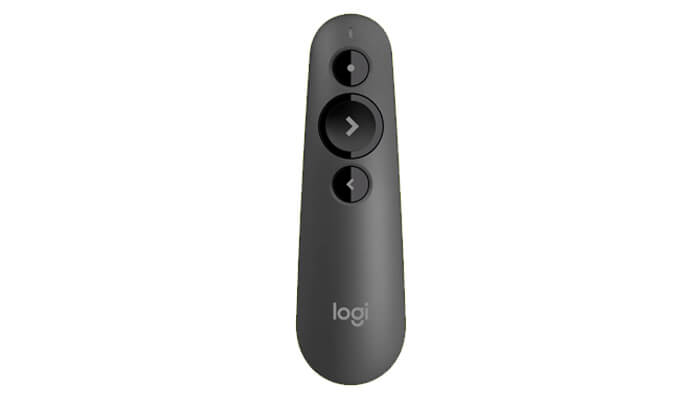Small and medium-sized businesses (SMBs) face a unique set of challenges when it comes to managing their human resources. With limited staff and resources, HR tasks can often become overwhelming, leading to inefficiencies and missed opportunities. In today’s fast-paced business environment, it’s more important than ever for SMBs to find ways to streamline their HR processes and maximize their return on investment (ROI).
Fortunately, small business HR software solutions offer a powerful way to achieve these goals. They automate essential tasks, improve compliance, and provide valuable insights into HR data. These tools can help SMBs unlock their full potential and drive long-term success.
This article will explore the various ways an HR solution can benefit SMBs and provide practical guidance on how to choose the right solution for your business needs.
Why HR Software Matters for SMBs
SMBs are often juggling multiple priorities with limited resources. Essential HR tasks like recruitment, onboarding, compliance management, time-off tracking, and performance reviews can be time-consuming and prone to errors when handled manually.
HR software for SMBs can automate many of these tasks, freeing up valuable time for HR professionals and managers to focus on strategic initiatives that drive business growth.
Such tools also play a crucial role in supporting SMB growth and scalability. As businesses expand, their HR needs become more complex. Manual processes that work well for a small team can quickly become unsustainable as the workforce grows. Human resources software provides the infrastructure and tools needed to manage a larger workforce efficiently, ensuring that HR processes remain streamlined and compliant even as the business scales.
Additionally, HR software can provide valuable insights into workforce data, helping these enterprises make informed decisions about talent acquisition, employee engagement, and performance management. By leveraging these insights, SMBs can optimize their HR strategies and create a more productive and engaged workforce.
Identifying the Right Features
When choosing the best HR software for SMBs, it’s essential to consider the key features that will best address your specific needs. Core ones like time off tracking, employee management and payroll integration are essential for most businesses.
Time off management tools help track employee attendance and leave requests. Employee management features enable efficient onboarding, performance reviews, and document storage, while payroll software ensures accurate and timely payments.
Customization and integration capabilities are also crucial factors to consider. The HR management software should be adaptable to your unique business processes and able to merge with other essential tools you use, such as accounting or project management software. This seamless integration can give you a competitive advantage by ensuring that data flows smoothly across different systems, eliminating the need for manual data entry and reducing the risk of errors.
Moreover, the user experience and ease of use should be considered. The right software should be intuitive and easy for both HR teams and employees to navigate. A user-friendly interface encourages adoption and minimizes the learning curve, ensuring that your team can quickly start utilizing the software’s full potential.
Cost vs. Benefit: Calculating ROI
While the upfront cost of HR tech may seem high for some SMBs, in the long run, it becomes more cost-effective than having manual solutions.
Manual HR processes can be incredibly time-consuming, and the cost of administrative hours can add up quickly. HR software can significantly reduce these expenses by automating repetitive tasks and streamlining workflows.
In addition to cost savings, HR solutions’ automation power can also improve ROI through increased productivity, enhanced compliance, and better decision-making.
Many organizations unfortunately fail to take advantage of automation. This leads them to wasting resources on tasks that could be automated. By automating routine functions, however, HR teams have more time to focus on strategic initiatives that directly impact the bottom line.
Meanwhile, improved compliance reduces the risk of costly fines and penalties, while data-driven insights enable more effective talent management and employee engagement strategies.
Leveraging Free and Affordable Tools
For SMBs with limited budgets, several free or budget-friendly HR tools can provide a starting point for automating and streamlining HR processes. These may offer basic features like employee onboarding, time-off tracking, or document management. While they may not have all the bells and whistles of more comprehensive HR software solutions, they can still provide significant value for SMBs looking to improve their efficiency.
As your business grows, it’s important to reassess your HR software solution needs and consider upgrading to a more robust tool. Good thing many providers offer scalable plans that can accommodate the changing needs of SMBs.
By gradually upgrading as your business expands, you can ensure that your HR software continues to support your growth and provide the features and capabilities you need to manage your workforce effectively.
Conclusion
Investing in the right HR software can be a game-changer for SMBs. When making a choice, it’s important to consider your specific business needs, budget, and long-term goals. Take the time to calculate your potential ROI and explore the various options available.
The post Maximizing ROI With HR Software For SMBs first appeared on Tycoonstory Media.
Source: Cosmo Politian











